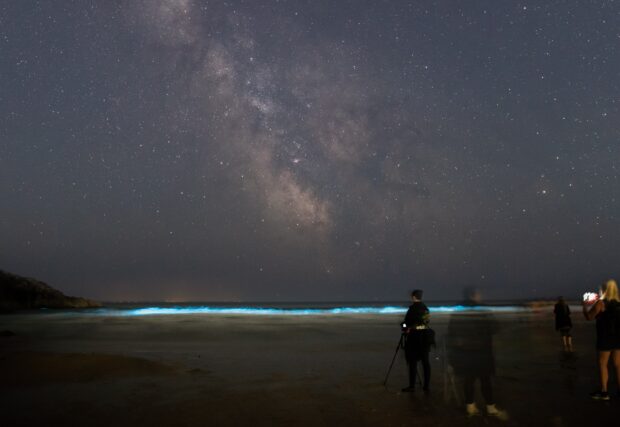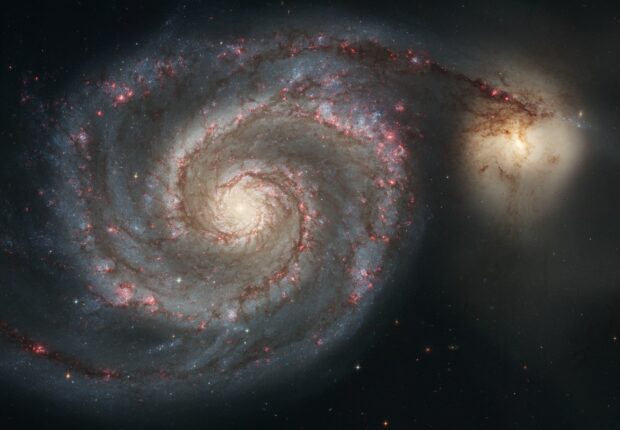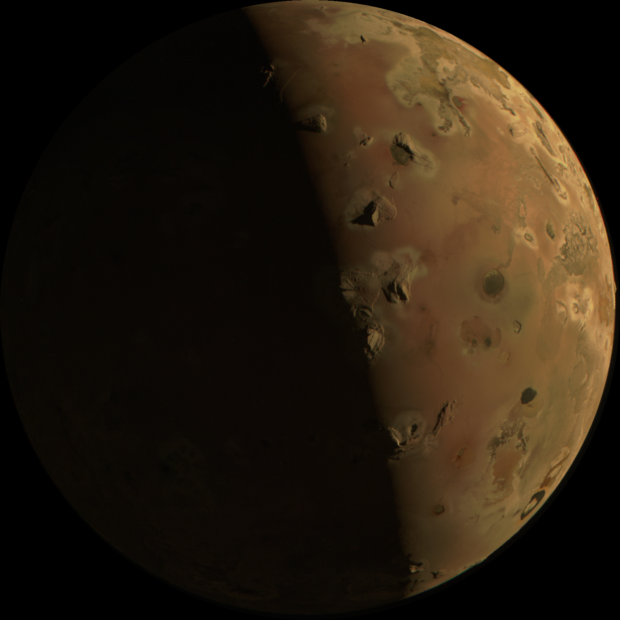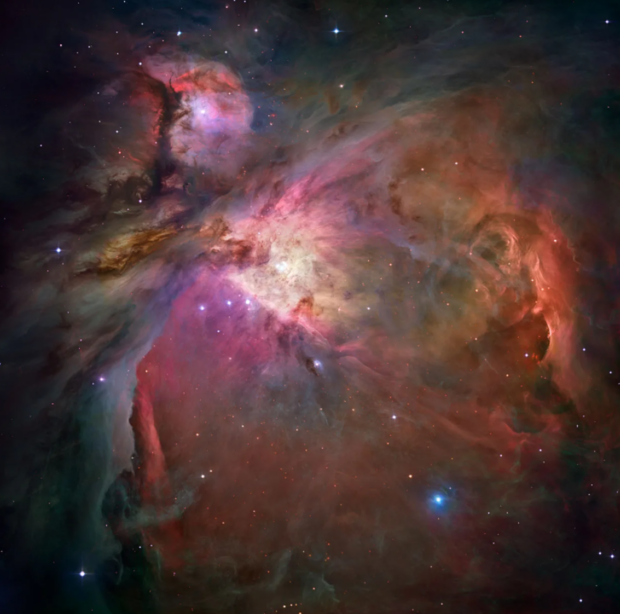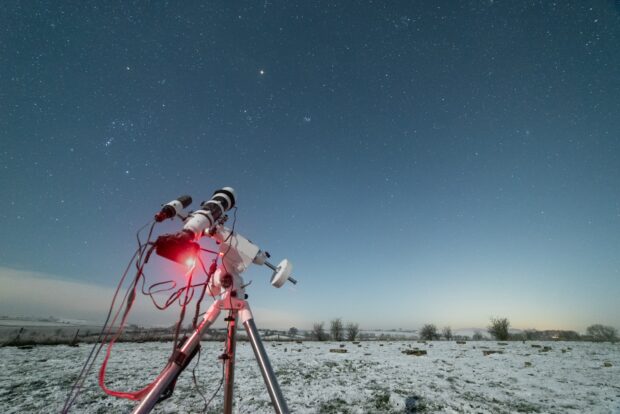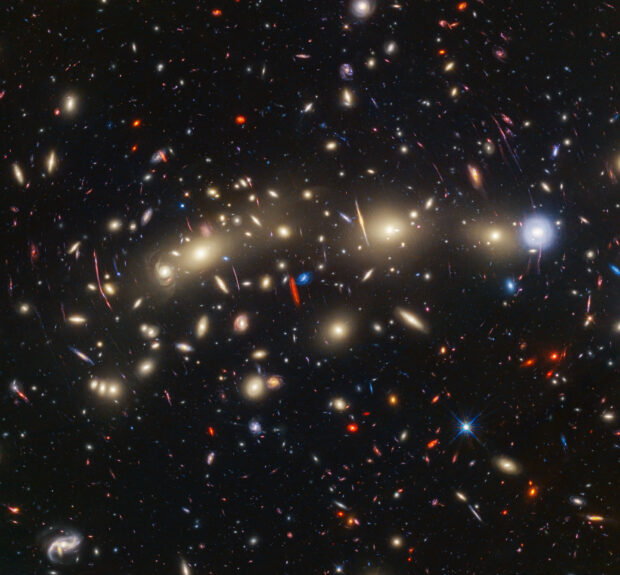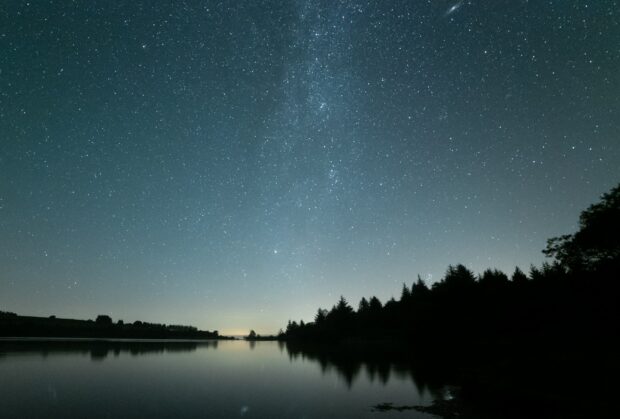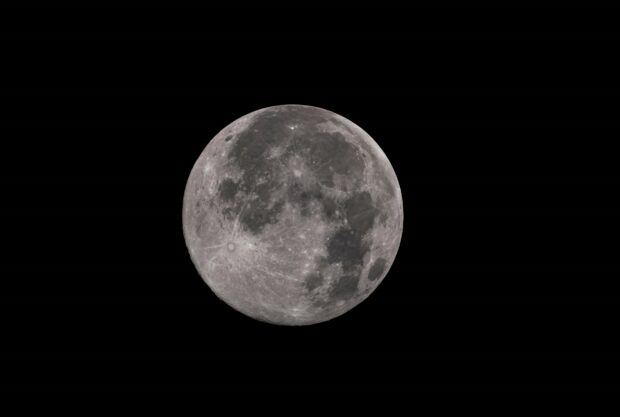Astronomy
The King's Birthday Honours saw UK space sector colleagues recognised for their work's contributions. The UK Space Agency celebrates and congratulates these space pioneers.
May is a great time to see meteors, the star-dense core of our Milky Way galaxy, the spectacular Noctilucent Clouds and several galaxies hidden in the spring constellations.
April is set to showcase the most spectacular displays in the cosmos, from a partial solar eclipse to a glimpse of the Lyrids meteor shower.
The night's sky in March is set to display some of the most distinctive phenomena in the cosmos, from a partial penumbral lunar eclipse to an appearance from the fickle Pons-Brooks comet.
February’s night skies host some of the most distinctive and spectacular stars, constellations and deep-sky objects, so wrap up warm and make the most of any clear nights that come around!
This year’s New Year Honours saw 4 leader from the UK space sector recognised for their work's contributions. The UK Space Agency celebrates and congratulates these space pioneers.
2024 hosts several fascinating night sky sights, from an early morning line up of the rocky planets to two partial lunar eclipses.
This month brings the solstice on 21 December marking the start of winter, and one of the most prolific meteor showers in the calendar - the Geminids.
This month brings a great chance to see Jupiter at its brightest, meteors, a host of wonderful stars and constellations, and a chance to see the Moon eclipse Venus!
October’s night skies feature a partial lunar eclipse, two meteor showers and a great opportunity to see the gas giant planets of our Solar System, Jupiter and Saturn.

